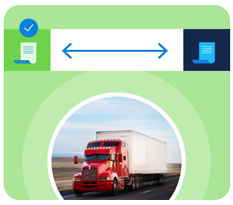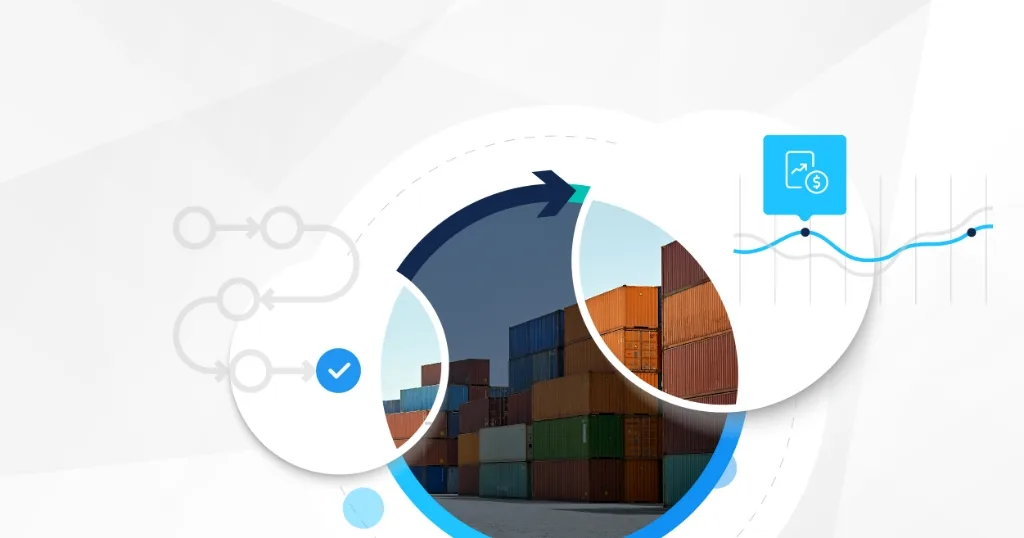LeaseAccelerator, in partnership with Ernst & Young LLP (EY), is proud to present the findings from the 2023 Global Lease Accounting Survey. This comprehensive market analysis offers vital insights for organizations transitioning from compliance-driven to ROI-focused lease accounting and administration strategies. It’s not just about numbers and compliance; it’s a story of how businesses are navigating through complex regulations and leveraging technology to turn challenges into opportunities.
Lease accounting has emerged as a critical aspect of financial management for corporations managing real estate and equipment leases. The 2023 survey sheds light on the pressing challenges faced by organizations globally, from integration hurdles and manual process dependencies to the need for strategic planning and environmental considerations.
What makes this survey particularly compelling is its relevance across various sectors. Whether you’re in the public or private domain, a for-profit entity, or a non-profit organization, the findings are a mirror reflecting the common struggles and triumphs in lease accounting. The survey highlights key issues such as the struggle with integrating lease accounting into broader financial systems, the continued reliance on spreadsheets and manual processes, and the emerging focus on emissions reporting.
But it’s not all about the hurdles. It also illuminates the path forward, showcasing how organizations are recognizing the potential of lease accounting software to drive ROI and how a strategic shift towards platform consolidation could be a game-changer. It underscores the importance of long-term strategic planning and harnessing the right technology to not just comply but to thrive.
Here is a summary of the key findings:
- Decision-making and automation: This leads to inadequate integration with ERP systems and reliance on spreadsheets.
- Audit challenges: The top audit challenges include lease population completeness, out-of-period adjustments, and timely lease capture.
- Lease software and ROI: A significant number of companies are not achieving the expected ROI from their lease accounting software solutions. Additionally, poor end-of-term lease management is impacting cash flow and ROI.
The study uncovered different challenges for US public and US private companies.
US public companies’ challenges:
- Staying ahead of lease management and internal controls.
- Underutilization of lease accounting software.
- Team and resource constraints, without proportional growth.
- Not achieving the expected ROI from leasing programs.
US private companies’ challenges
- Lack of specialized lease accounting teams and plans for expansion.
- Inefficiencies in identifying and capturing new leases.
- Growing but incomplete adoption of lease accounting software.
- Reliance on manual processes and less integration with ERP systems.
- Decentralized lease sourcing is missing potential savings.
Building an action plan
Organizations have several options for building an action plan to drive towards ROI:
- Integration and automation: Emphasizing the integration of lease accounting with business and financial systems to reduce risk and cost.
- Optimizing information flow: Centralizing and automating lease administration and accounting processes to improve decision-making and control.
- Maturity model assessment: Using the survey’s maturity model to assess current lease accounting practices and plan for advancements.
Download the 2023 Global Lease Accounting Survey
The survey findings offer valuable insights for organizations to refine their lease accounting strategies, aiming for long-term sustainability and enhanced ROI.
Download the full report for comprehensive data and tailored recommendations to navigate the evolving landscape of lease accounting. For a custom assessment of your organization’s lease accounting process, contact us and take a step towards optimizing your leasing strategy.







